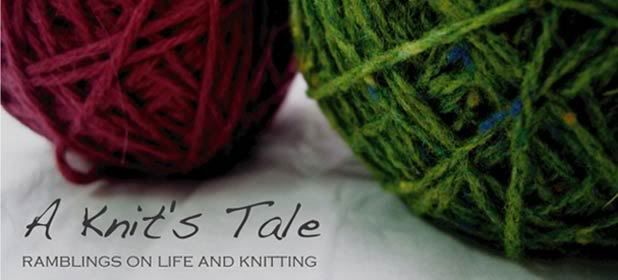Booking Through Thursday (better late than never...)

This week's questions were suggested by Cate.
Have you ever stumbled on a reading and found the author so charming you started reading their books? Or, have you ever met a formerly favorite author and stopped reading their works because of how they treated their fans?
I’ve never chanced by a reading or managed to meet any of my favorite authors. However, I have had a favored author disappear from my reading list after I read an open letter she wrote. I can’t say that the blame lies entirely on the contents of that open letter (an understandable and reasonable letter under the circumstances at that) but...well, let’s start this story from the beginning, shall we? During my first year in high school, I stumbled across the wonderful genre of fantasy fiction. Dragons, mages, faeries, alternate worlds, I just couldn’t get enough. One of the first fantasy book series I read was Mercedes Lackey’s Queen’s Own books. The series revolves around Talia, a farm girl suddenly chosen to be the council and protector of the Queen, and her ensuing struggles. The basic components of the plot are well worn but Ms. Lackey took those old cogs and built a marvelous world populated with believable and sympathetic characters. I devoured the books. When I went on to read her Last Herald Mage series about a mage struggling with his homosexuality in the face of societal prejudice, I realized that more than creating compelling writing, she also manages to lightly weave in messages of tolerance and basic human goodness in such a way as to make one want to be a better person. Her stories seemed like they came from someone who sincerely believed in them and hope that they would do more than be diversions on a page. They stayed with me long after I put down the books. By the time I had come across those two series, Ms. Lackey was already rocketing her way to the top ranks of popular fantasy writers. Book after book issued from her pen and I devoutly read each one. Her line of book series expanded from one to two to three, occasionally punctuated by a stand-alone book. Given how much I had loved her earlier writings, I should have been by all rights ecstatic about her rapid publication rate. However, the more books she wrote, the more depth seemed to disappear from them. The strong characters that had so enlivened previous works faded away to nothing more than one-dimensional archetypes. Even the dialogue and scenarios started to echo ones in earlier books. While she still wrote well, the moving spirit (for lack of a better description) behind the narratives was gone. The books just rang hollow. I still faithfully read on though, hoping that the next book would be different. The final straw, for me, came from that aforementioned open letter she wrote. The letter was written after a series of stressful and unfortunate incidents involving psychotic fans of her much earlier and more occult-related Diana Tregarde books. In addition to threatening letters that berated her for not writing more in the series, she was physically attacked at a science fiction convention. Upset and angry, she wrote an open letter to those crazed fans that believed the DT world she created in the books actually existed. In the course of the letter, she stated in plainly that the reason she no longer wrote DT books was that they did not sell. She went on to say that the lack of sales indicated that the majority of people did not want them and that she had no desire to write what people did not want (as it would not generate enough royalties). While I sympathized with her anger at those who attacked her, her sentiments about writing just about broke my heart. The approach towards writing implied by her letter perfectly explained the emptiness of her new books. It seemed that unlike what I sensed in the two first series I loved, there is no longer any point in her writing besides meeting deadlines to generate royalties. Writing, it appeared, was just a job. Perhaps it is naïve of me, but I would like to believe that people who are moved to write are moved more by a story they want to tell than the end monetary result. Along the same lines, while I realize that writers have to make a living like everyone else, I still hold dear the belief that if one has a story to tell (and is blessed with the ability to tell it well), whether or not there is a large number of people out there wanting to listen should not be the deciding factor in whether or not the story gets told. So, I was disappointed. I still feel that way every time I pass by bookstore shelves and see another one of her new publications that I will not be bothering to read. A bit sad too. There was something there besides technical aptitude.




1 Comments:
Josephine Tey once remarked, through one of her characters, "Most people's first book is their best. It's the one they most wanted to write." While I wouldn't like to think that it's downhill from the first one, I can sympathize with that utter NEED to write, and understand how the first book could be the most passionate, because of that need. I agree with you wholeheartedly that it's too bad that this need sometimes gets subsumed in the sales aspect of writing.
Post a Comment
<< Home